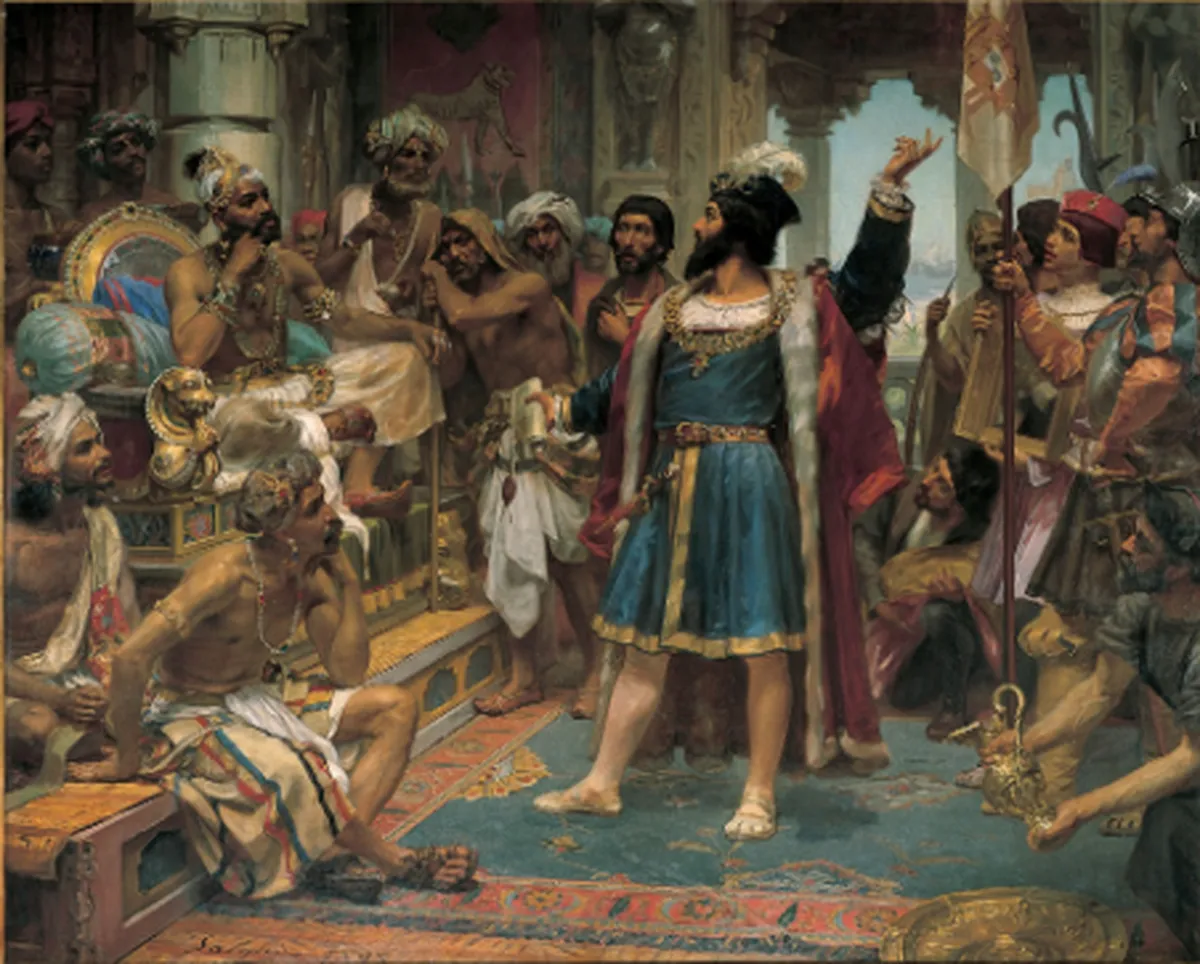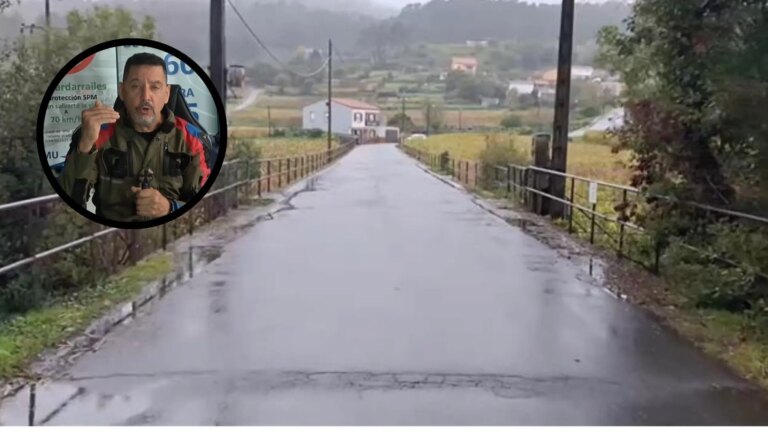
Everyone has heard of Vasco da Gama. However, few people in the Western world recognize the name of Ahmad ibn Majid. Ironically, without Majid’s knowledge, and the knowledge of other Arab pilots whose existence we have forgotten, the Portuguese navigators would never have reached India.
- Ruth Aquinas: The story of my pit bull, Bruce
- Cola Ronai: The secret life of packaging
Ahmad ibn Majid was born in 1421 in Julfar, in modern-day Ras al-Khaimah, in the present-day United Arab Emirates. He grew up among mathematicians, astronomers, and navigators, and learned to read the wind and sky from an early age. At the age of 17 he was already piloting his own ship. He left behind a vast body of work, including treatises on voyages, philosophical essays, and collections of poems, all of which reveal his concern for harmony between humans and the sea, and his curiosity and generosity. He always seemed to me a more admirable figure than Vasco da Gama, who was remembered in many ports not as a curious traveler, but as a fearsome plunderer.
The story of discovery is largely a story of concealment. For centuries, the West has been telling its own story, as if it were telling the history of the entire world. More precisely, as if islands and continents existed only after being trodden under the feet of Europe.
Lines opened by Arabs, Chinese, Africans, and Persians were renamed to European names. The sea, which had already been explored by various people, was “discovered” again, and only then was it considered real. This map of erasure was drawn with small amounts of ink and countless layers of silence. Europe did not need to burn all the maps, it was enough to ignore them.
Ahmad ibn Majid is a symbol of this willful amnesia. His most famous work, The Book of Advantages of the Principles and Fundamentals of Seafaring, accurately describes the Indian Ocean currents, monsoon winds, and stars that guided Arab navigators long before Vasco da Gama circumnavigated the Cape of Good Hope.
- Gustavo Pinheiro: the joy of being left behind
Another interesting cover-up is the story of several Angolan traders, the so-called Pombeiros, who regularly crossed the African continent from Luanda or Benguela in Angola to the coast of Mozambique. In 1884, two Portuguese officers, Hermenegildo Capello and Roberto Ivens, completed this same trip, drawing on the teachings of the most experienced Angolan Pombeiro. To this day, Portuguese history honors the names of these two officers, but the Angolans are forgotten.
The time has come to write a great history of encounters, consisting of different versions of all the peoples who once sought to discover the earth: Africans, Arabs, Indians, Chinese, Malays, Europeans, merchants, wanderers, adventurers, wanderers of all origins. This history has no place for civilized heroes, unique gods, or hegemonic discourses. It would have to be a story centered around ordinary people with their doubts, fears, concerns, and ambitions.
When we accept this, perhaps the verb “to discover” will lose its harsh imperial luster and regain its innocence – discover, not as conquerors, but as those dazzled by the wonders of the world.



